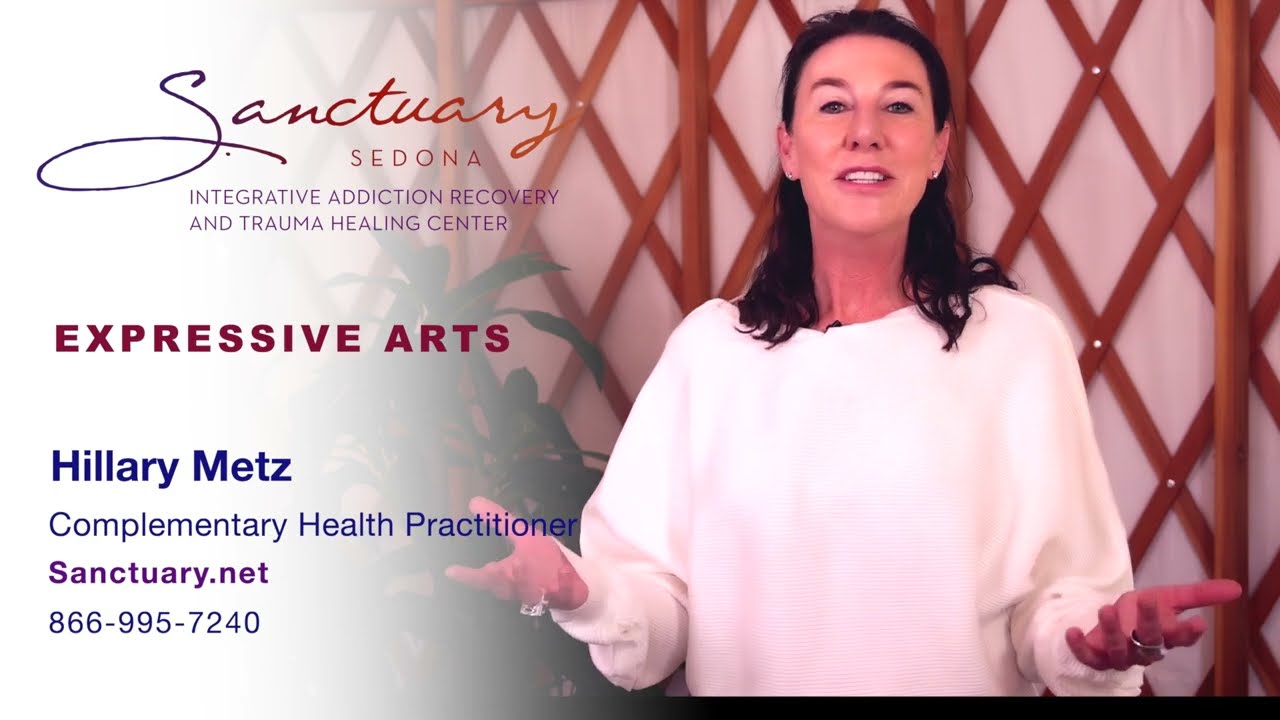Movement therapy has existed for thousands of years, dating back to ancient times. It’s used in many cultures worldwide to help treat illnesses of the spirit, mind and body. It is used as part of treatment for issues like addiction and trauma because these practices encourage the patient to become proactively involved in their health. Interested in learning more? Call us at (866) 750-0763 to speak with a counselor.
Benefits of Movement Therapy
Movement-based therapy provides numerous advantages to people working toward recovery from addiction, trauma and other mental illnesses. Many of these benefits include:
- A decrease in fear-based avoidance behaviors to help encourage a proactive approach to health and wellness.
- Customizable practices tailored to the patient’s needs and work for people of any ability level.
- A safe and useful supplemental treatment option for addiction and trauma.
- Focuses on wellness in physical, social, psychological and spiritual health.
- A reduction of stress and pain associated with addiction, trauma and other mental health conditions.
Movement therapy — when used with other standard psychological or medical treatments — can be highly beneficial and offers a holistic approach to addiction recovery.
Movement Therapy Techniques
Practitioners and patients can approach movement therapy in several ways. Some of the most common options include:
- Yoga: Yoga involves postures and breathwork to promote physical, spiritual and emotional well-being. There are several types of yoga, including Ashtanga, Vinyasa and Hatha. Yoga has been shown to positively affect individuals when used with other treatments.
- Pilates: Pilates movement therapy is about centering, control, concentration and breathing. You become more aware of your body structure, alignment, muscle movement and posture during the sessions. Mat Pilates and Reformer Pilates are the two major forms.
- Tai Chi: Tai Chi is a martial arts practice that combines meditative techniques and movements to promote strength and relaxation of the mind and body. It originates from China and aims to open the body’s Qi — the energy source that flows through everyone’s body and influences all aspects of their health.
- Qigong: Qigong also originates from China and focuses on breathing and movement to circulate Qi throughout the body.
- Feldenkrais: The Feldenkrais technique centers on using movement exploration to do somatic learning. You will have to use feedback from your body to determine which positions are favorable and which are not.
Dance is also another popular approach for movement therapy. It uses movement to help improve social, emotional, physical and cognitive awareness and well-being.
Body Movement Therapy for Addiction Recovery
Movement therapy is often used in addiction recovery to assist individuals with feeling and expressing their emotions. Often, issues like addiction and trauma can affect a person’s ability to feel and express complex emotions, making dance and movement therapy a way for them to tap into those feelings.
It is a whole-person treatment that helps individuals heal through their mind, body and spirit. Clients will learn to relax, express themselves, identify emotions and themes, process trauma or addiction-related issues and develop mindfulness.

How The Sanctuary Can Help With Movement Therapy for Trauma and Addiction
If you think you would benefit from holistic treatment methods like movement therapy for your addiction or trauma recovery, The Sanctuary at Sedona can help. Call us at (866) 750-0763 to speak with a counselor today!




